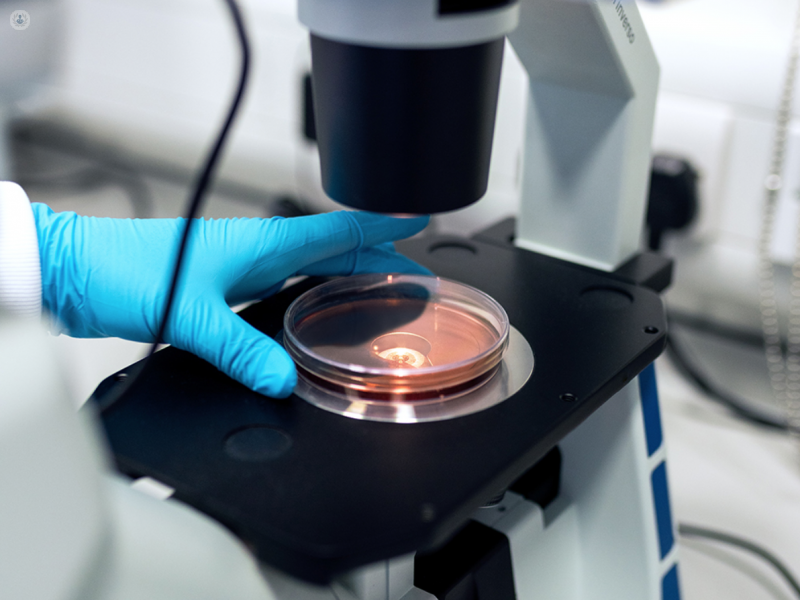TIL therapy promising new cancer treatment explained
Autore:In recent years, new drug treatments such as immunotherapy drugs like ipilimumab, nivolumab/pembrolizumab and others, have transformed cancer outcomes, extending the lives of many patients. However, there are still some cancer patients where these ‘immune-boosting’ drugs fail to improve outcomes.
TIL (tumour infiltrating lymphocytes) therapy is an exciting new experimental cancer treatment and could be the first real option for people who don’t respond to standard immunotherapies.

We spoke to Professor Hendrik-Tobias Arkenau, a prominent medical oncologist and drug developer in London, about TIL therapy, what the treatment involves and which type of cancers it can treat so far.
What is TIL therapy?
TIL therapy, or tumor-infiltrating lymphocyte therapy, is a type of immunotherapy which involves harnessing the patient’s own immune system to fight cancer.
It is one of several treatments known collectively as adoptive cell transfer (ACT) and involves removing some of a patient’s cells in their immune system, multiplying or altering them in a laboratory, and then introducing them back into the patient. The modified immune cells then ‘seek and destroy’ the tumour cells.
How does TIL therapy work?
TIL therapy involves removing T-lymphocytes (T-cells), from a surgically removed tumour. Specialists then modify these cells in a laboratory to increase their strength to fight against the cancer. They do this by selecting the most active and powerful T-cells and then multiplying them.
The laboratory-grown cells are subsequently reintroduced into the patient through a drip infusion after they have undergone an induction chemotherapy. Allowing the patient to undergo chemotherapy before gives the T-lymphocytes a better chance to grow and reproduce.
After being introduced back into the patient, the new T-lymphocytes travel through the body and attack the tumour cells. Patients would remain in the hospital for two weeks in total.
Which type of cancer can TIL therapy treat?
So far, TIL therapy has been shown effective to treat head and neck squamous cell carcinoma, lung cancer, melanoma and gynecological cancers.
TIL therapy is still deemed an experimental treatment. However, around 24 studies are currently looking at it as an effective treatment for other cancers and the results look encouraging, particularly in melanoma and cervical cancer.
How effective is TIL therapy?
After undergoing TIL therapy, many cancer patients will have long term benefits in terms of response and survival. If we take melanoma as an example, you can see it working in more than 50%. The tumours on the skin visibly fall apart and shrink. In the future, we may see more success with other hard-to-treat cancers, such as cervical cancer.
While this method appears very effective so far, we are also looking at whether the TIL cells can be frozen so that if the cancer comes back, we can use them again to “top up” the patient’s own reserves.
Is TIL therapy available for everyone?
I am currently leading two TIL therapy trials at Sarah Cannon in conjunction with HCA Healthcare at University College Hospital London. There are many other hospitals across the UK who are expected to sign up in the very near future.
Professor Hendrik-Tobias Arkenau is a leading medical oncologist in London. To book an appointment with him or talk about being part of a trial, visit his Top Doctors profile and check his availability.


